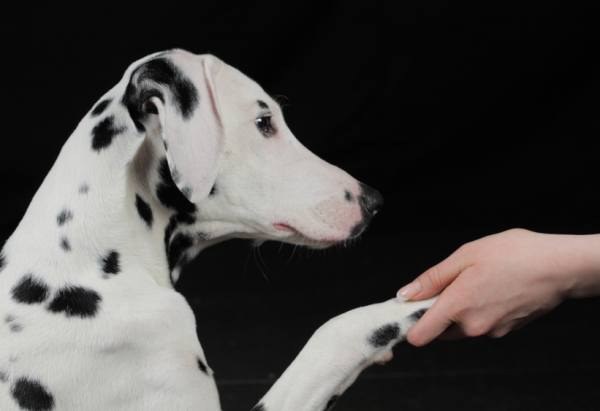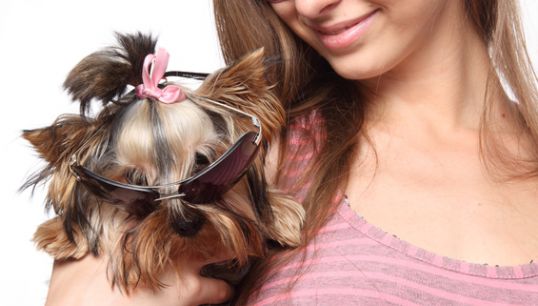Instruction
1
The younger the dog, the easier it is adaptation to new conditions – the puppy will quickly get used to new owners than adult animal. Do not count on fast results – better be patient. In the early days, and possibly weeks the dog will have to spend a lot of time.
2
A very important first meeting with the new pet. If you behave too affectionately, or, on the contrary, cold and rude, if you hesitate and allow the dog to notice your uncertainty to achieve good contact with the animal difficult. The dog will either be afraid of you, or decide that obeying is optional.
3
If you know who owned the dog for you, try to talk with the former owner. Find out more about your new pet: what treats he prefers, how he spent time on walks. Conditions at the new place of residence of the dog should slightly resemble her former home – of course, if you have not taken an animal from the street, from a shelter or from people who treated him badly.
4
Don't forget that orders taken in your home, can be very different from conditions in which there lived a dog. If the former owners raised her bad, spoiled, hard discipline she will likely not like it. Will require more time and effort to force the animal to obey and make it manageable. Try not to use force unless absolutely necessary.
5
The dog may have strong attachment to the former owner, even if he treated her badly. Therefore, until the animal gets used, do not leave him alone in the yard or on the street – the dog can escape. If the dog is sad, look depressed, do not take the time to communicate with her; if possible, print a play or for a walk.
6
An aggressive dog does not try to "break" - the excessive show of force will only enrage the animal even more, however, should give her to understand that aggression towards you, family members or other animals that are with her in the same house, unacceptable. As much as possible, talk to the dog calmly, sitting so that she could not to bite you. Take your time to stroke her offbeat touch the dog may be regarded as assault, especially if she's not used to affection.
7
If the animal is intimidated, afraid of touching and loud voices, do not rush to require the execution of commands, try first to win her trust with kindness, communicate, constantly calling her name.


